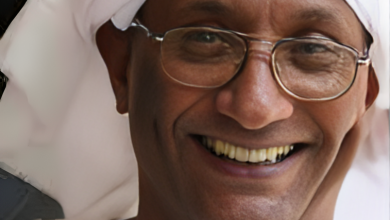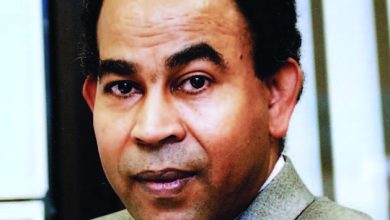The Turk or the “Mutawarrik”

Mohammad Wada’a
There is an overwhelming sense of elation in Turkey following its success in overthrowing Assad’s regime. However, despite this victory, new challenges have emerged for Turkey, most notably how to deal with the Kurds in general, and the PKK in particular, as well as the Syrian Democratic Forces (SDF), whether through direct engagement or by utilizing Turkish-backed forces (such as Hayat Tahrir al-Sham). This situation extends to the Kurdish/Turkish presence in northern Iraq, and perhaps even to northwestern Iran. The Syrian administration will likely become a target for Shiite and Iranian militias.
The celebrations in the squares and major cities could not overshadow the fact that large areas remain outside the control of Hayat Tahrir al-Sham, with unidentified armed groups beginning to attack these forces, resulting in casualties. Meanwhile, Israel continued its campaign to destroy Syrian military capabilities, undeterred by Turkish, Arab, or international silence. While the new administration called on state employees and police to resume their duties, it remains unclear how the new regime will deal with the army and intelligence services.
While the U.S. does not seem to be concerned about the continued presence of its forces in Syria, Russia is working towards agreements with the new administration and Turkey regarding the future of Russian bases.
Turkey is occupied with a major operation that may have been easier to accomplish than expected, but it also faces numerous serious issues that require resolution, the most pressing of which is the ISIS file. In addition, the situation in Gaza and Lebanon is tied to developments in Syria, and the Syrian situation impacts Iraq, Yemen, and Iran. Thus, whoever controls the Syrian file can influence all of these other issues. Alternatively, it could become a quagmire from which no one escapes, even if they manage to absorb the emerging obligations, form new alliances, and devise a strategy to avoid conflict with Iran. This appears inevitable unless Iran relinquishes its theocratic rule, removes its influence from Iraq, Syria, Lebanon, and Yemen, publicly reconciles with Israel, and abandons its nuclear ambitions.
The phone call between the Chairman of the Sovereignty Council and the Turkish president garnered significant attention both domestically and internationally. In my opinion, the reactions were carefully planned within intelligence circles and emotionally driven by public opinion. The narrative added a description of the two parties involved in the conflict and framed the problem as one between Sudan and the UAE. This was no coincidence; it was evident to observers that Sudan’s complaint against the UAE in the Security Council was gaining additional momentum, and that the penholder (Britain) could no longer tolerate the image of the UAE’s servant. Moreover, Turkey will not work in favor of the UAE’s agenda. Turkey’s interests in Sudan are strategically more important regionally and internationally than those of the UAE.
It was unclear whether Turkey had a proposal or was acting as a mediator, but in any case, Turkey realizes that the UAE’s allies are dwindling in the corridors of international politics. After years of accusing the UAE of supporting the coup of Abdullah Gulen, relations have witnessed rapid growth in the past three years, with intersecting interests in Libya, Somalia, Yemen, and Israel. Additionally, Turkey urgently needs funds to address the pressing challenges in Syria.
Turkey has successfully crafted a new narrative for both parties, clearly stating that the two sides of the conflict are Sudan and the UAE. This requires other stakeholders to reconsider their positions. The United Nations, the African Union, IGAD, and the Arab League, as well as those replacing Brilio and all the international envoys, must reassess their strategies. Among all these players, Turkey must recognize the importance of coordinating with Egypt.
Without delving too much into whether Sudan or the UAE is more important for Turkey, and without applying the principle of “support your brother whether he is an oppressor or oppressed” (in the sense that if he is an oppressor, you must stop him from oppressing), Turkey may want to prevent the UAE from causing harm to Syria. In any case, there is an international trend to unify initiatives under the United Nations umbrella. If Turkey wishes to catch up with this momentum, it must align itself with the narrative of Sudan and the UAE being the two warring parties.
Sudan’s demands are clear: the UAE must lift its hand from Sudan and stop providing financial and military support to the Rapid Support Forces (RSF). As for the violations and crimes resulting from the war, with the UAE’s participation, this is another matter, which requires the UAE to publicly announce the cessation of its support for the militia, recognize the principle of compensation for lives, property, and assets, and bear the legal and ethical consequences of human rights violations and war crimes. Then, the UAE must stop interfering in Sudanese affairs, hosting and funding militia leaders and their political allies. The UAE needs advice from Turkey more than it needs mediation.
The “Mutawarrik” (one who is more extreme in demanding Turkish taxes than the Turks themselves).



